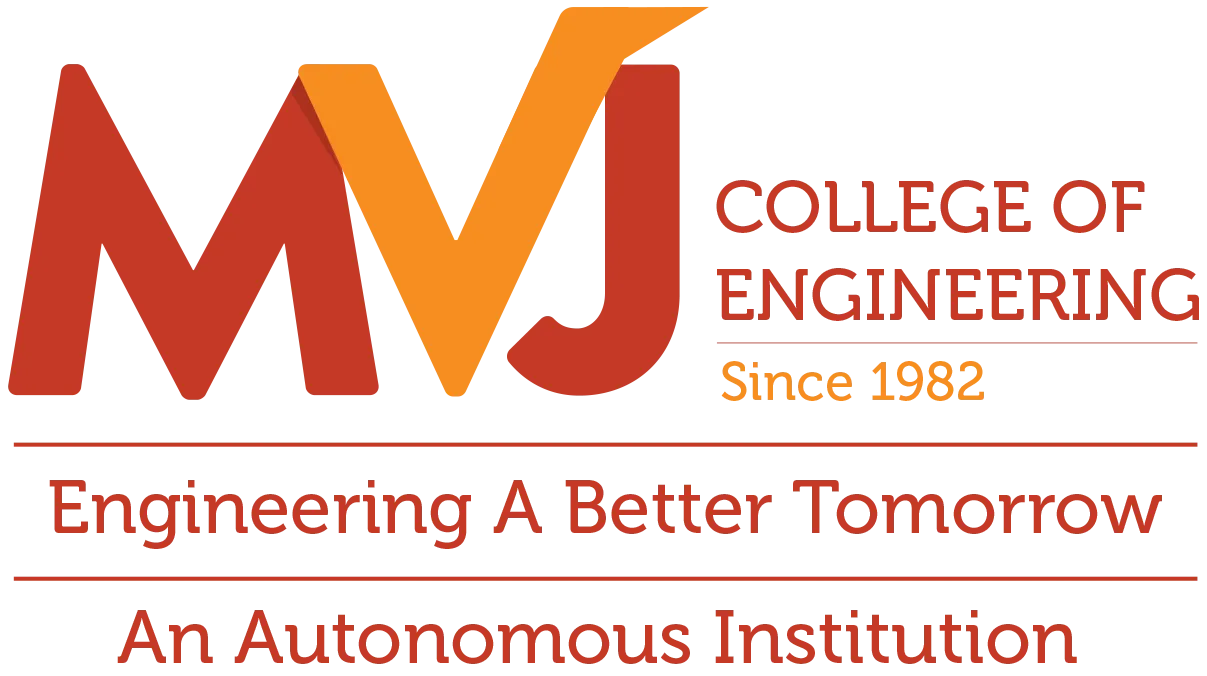Engineering education has been constantly evolving over the years, with the focus on enhancing the learning experience of students. One of the most effective and beneficial ways by which engineering students can learn, understand, remember and apply engineering concepts, is through project-based learning. This approach enables students to apply theoretical knowledge to practical situations, fostering a deeper understanding of the concepts and promoting skill development.
The best engineering colleges in Bangalore, such as VTU affiliated autonomous colleges like MVJCE, are increasingly adopting project-based learning as the preferred method of teaching.
This approach offers several advantages over traditional classroom learning, making it a valuable tool for engineering students.
One of the key benefits of project-based learning is that it allows students to take ownership of their learning. Instead of being passive recipients of information, students become active participants in the learning process. They are encouraged to identify problems, design solutions, and apply their knowledge to real-world scenarios, all of which help to foster critical thinking, problem-solving and decision-making skills. That’s why we at MVJCE – one of the best private engineering colleges in Bangalore – adopt project-based learning.
Project-based learning also promotes teamwork and collaboration, the most essential skills for any engineering professional. Students work together in teams, each contributing his/her unique skills and perspectives to achieve a common goal. They learn how to communicate effectively, delegate tasks, and manage conflicts, all of which are crucial skills in the workplace.
Furthermore, project-based learning encourages students to develop a deeper understanding of the subject matter. Rather than just memorizing concepts, they apply what they have learned to real-world problems, allowing them to see the practical applications of their education. This hands-on approach helps to reinforce their learning, making it more memorable and long-lasting. This is why top engineering colleges in India are quick to adopt this method.
Another significant benefit of project-based learning is that it prepares students for the demands of the modern workplace. Today’s employers are looking for professionals who can think creatively, work collaboratively, and solve complex problems. Project-based learning helps one to develop these skills, ensuring that students are well-equipped to meet the challenges of the workforce.
In conclusion, project-based learning is the most beneficial way for engineering students to learn. It offers several advantages over traditional classroom learning, including increased student engagement, teamwork, critical thinking, and problem-solving skills, as well as practical experience that prepares them for the workplace. Engineering colleges in our country should prioritize project-based learning as the preferred method of teaching. By doing so, they will provide their students with the skills, knowledge and experience they need to succeed in their careers.

